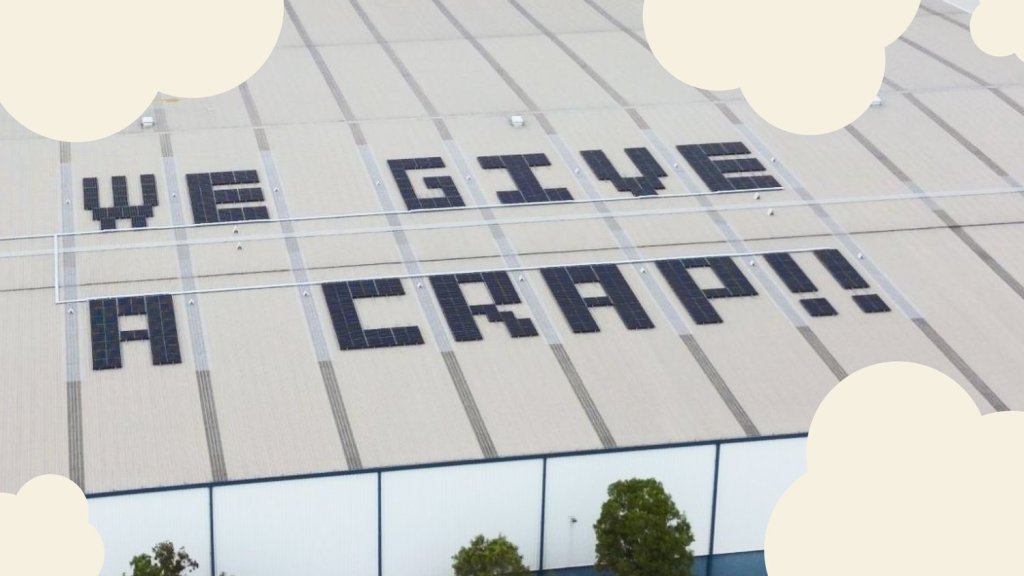Companies are feeling considerable pressure from their employees to act on climate change. That activism in the workplace is leading to action, with one in two executives — according to Deloitte research — saying their organisations had increased sustainability actions as a result.
Director of Australian NGO WorkforClimate, Lucy Piper, believes the rise of workplace climate activism is challenging the definition of what makes someone an ‘activist’.
“Climate activism doesn’t always look like climate activism. By educating, upskilling and uniting climate-concerned employees, we’re building a movement of climate leaders (or activists) who are using their outsized impact to decarbonise and mobilise their organisations, without glueing their hands to a Monet.”
Hult Ashridge researchers expect employee activism to become a defining feature of the workplace. Yet there is no one definition of employee activism and no single organisational response.
How activists influence and organisations engage with them is a function of personalities, individual and collective experiences, perceived pressures and an organisation’s political and speak-up culture. The term ‘activism’ can evoke labels ranging from ‘courageous’ to ‘arrogant’, ‘attention-seeking’ to ‘committed’, ‘disruptive’ to ‘engaging’.
By greenskilling their staff through programs like the WorkforClimate Academy and accelerating their company’s decarbonisation efforts, employers can increase employee satisfaction and future-proofing their business.
WorkforClimate greenskilling employees
With the rising number of employees wanting their workplace to take a stronger stance on climate, WorkforClimate is supporting employees to greenskill themselves to prepare for the coming climate transformation and drive real change.
WorkforClimate is on a mission to accelerate climate action using the most powerful tool a business has: the people who work within it. Employees of all stripes, skillsets and seniority levels. It equips climate-concerned professionals with the education, resources and community to make impactful change.
The NGO believes the corporate sector is key to tackling the climate crisis and with 8 out of 10 staff members ready and willing to take action in their jobs, Piper predicts that by next year ‘climate activist’ will be a mainstream profession.
“We need the corporate world to move faster on decarbonisation if we want to meet our net-zero targets. But that doesn’t mean all businesses need to hire climate experts.
“They should be upskilling their existing employees who are passionate about sustainability and who are willing to learn the tools, frameworks and leadership skills needed to drive climate action within the business.”
As the next wave of corporate sustainability is led by employee activists, the ‘disruptive activist’ stigma is being dispelled and ambition for change is only rising.
“We’ve got a great responsibility, a once-in-a-lifetime opportunity, and the tools needed for change,” says Piper. “What we need is ambition. Courage. Action. And a little bit of hope.”
Empowering climate-aligned employees
Laura Wilson
Laura Wilson, a corporate employee of global mountain bike company, Specialized, is a key example. Since joining the WorkforClimate Academy, she has redefined her role to focus on sustainability while helping switch her company to 100% renewable energy, divest from fossil fuels and push for a transition to climate-safe superannuation.
Wilson recently developed her role as Strategic Initiatives Manager to help accelerate the business’s climate action. She used WorkforClimate’s playbook on Switching to Renewable Energy to help transition Specialized’s Australian HQ and three of its Australian retail locations to renewable energy providers.
Since graduating from the Academy, she has been working with packaging teams to refine waste streams, and is transitioning Specialized to solar power and helping shift its default superannuation to an ethical super fund, with the help of WorkforClimate’s Climate Safe Retirement Playbook.
“WorkforClimate has helped me realise that my job is the most powerful tool I have in taking climate action. The course has helped me understand what levers to pull here and there, how to apply pressure at different levels of the business and how I can find allies, because you can’t do it all alone,” said Wilson.
David McGlade
Echoing those sentiments is engineer David McGlade who ‘woke up’ to the climate emergency and joined the first WorkForClimate renewable energy cohort in November 2020.
David said joining the cohort “gave me a bit more motivation about the whole thing. Other people are doing it, so I needed to try doing it in my company as well. It was great listening to some of the experts talking about the process they went through, and the advice of conducting a staff survey, to show management that there’s a strong majority of staff who want change, was great too.”
David went back to his employer, an Adelaide engineering firm with 250+ staff, and made the case for switching to renewable energy. After submitting a business case to his Environmental, Health and Safety Director, his proposal was put to a committee and approved. Solar panels were installed, reducing the company’s electricity consumption by about 10%, while David switched the remainder to GreenPower so that the business is now running on 100% renewable energy.
Bernie Wiley
Bernie Wiley started his career in logistics, packing orders on warehouse floors, which led to him landing a job at Who Gives A Crap, working in logistics and on climate-based initiatives like shrinking supply chain emissions and undertook the WorkforClimate Academy course. “It was kind of a self-initiated learning project,” he says. “I did it in my own time. And it was incredible: I was able to then take that to management and say, ‘I’ve done this. I’ve seen these areas of opportunity. Here’s how I can help.’”
Bernie had completed the Academy course just before Who Gives A Crap started making its first EV deliveries in 2023. After that, he assisted with transitioning their Melbourne warehouse to solar power and installing these (very on-brand) solar panels.

The WorkforClimate Academy Course educates and empowers employees with the essential leadership skills to help their business adapt to large-scale environmental change.
You can join the WorkforClimate community here, or for more on the organisation see www.workforclimate.org or contact lucy.piper@workforclimate.org.

